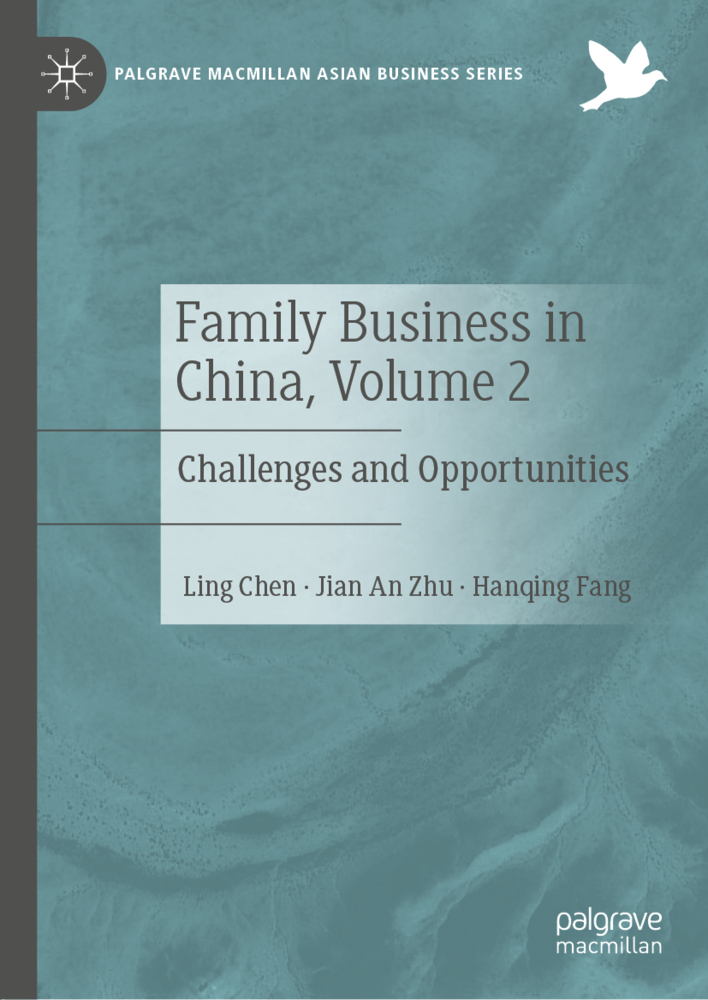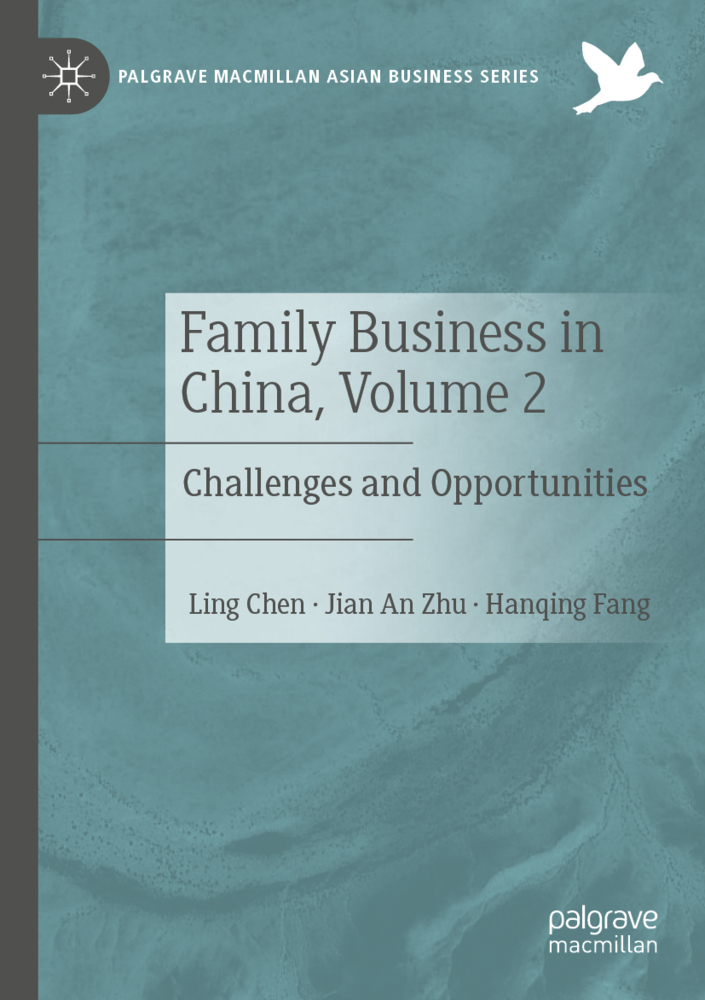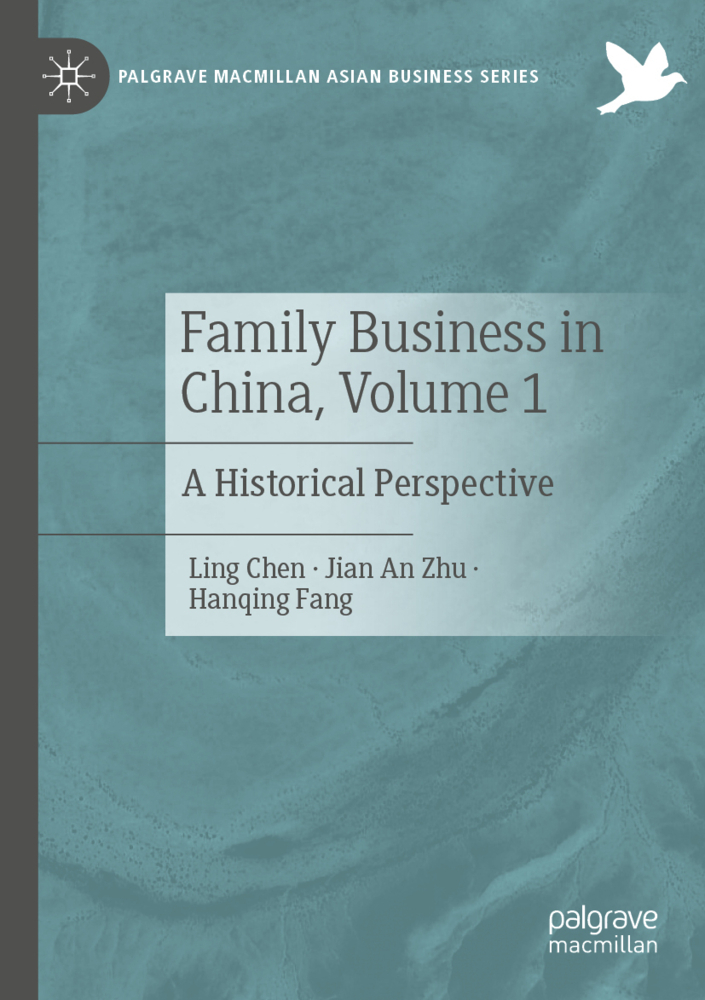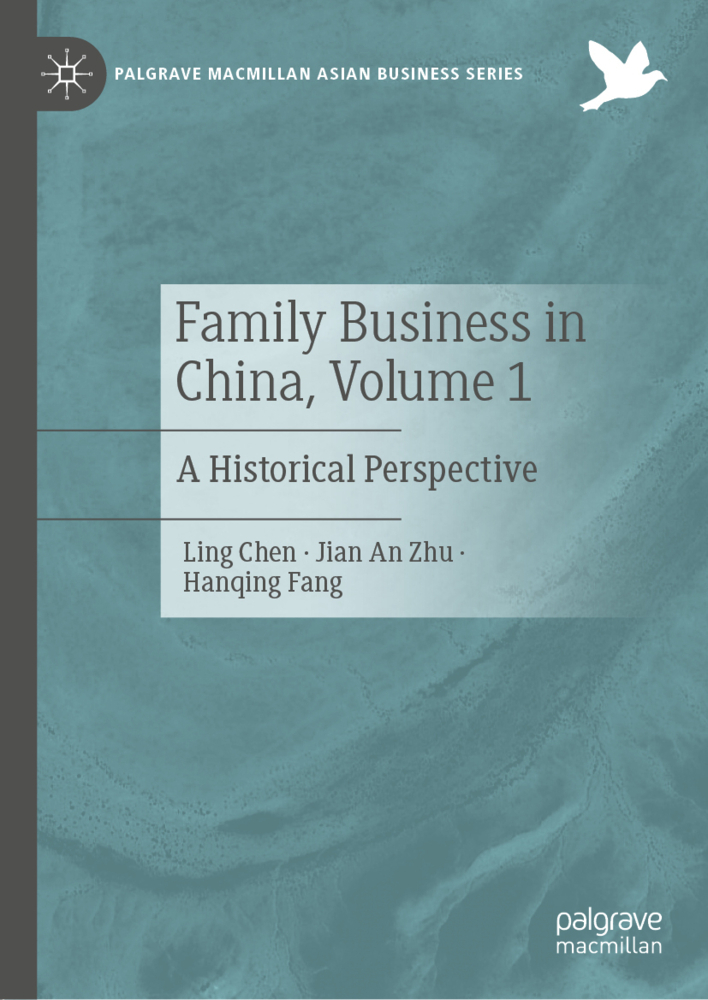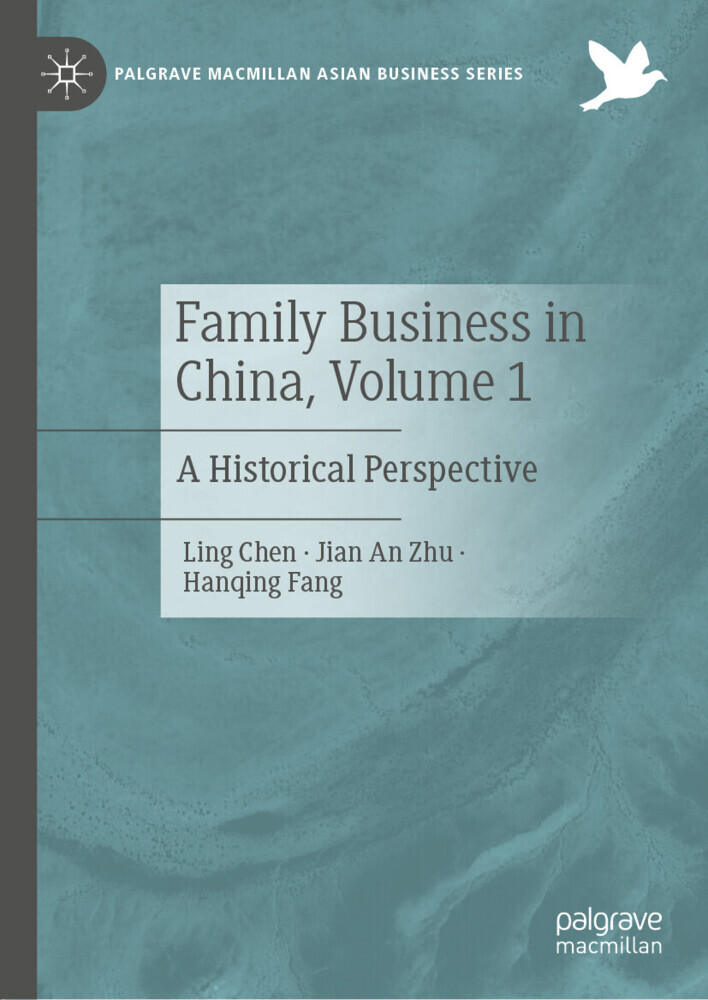Family Business in China, Volume 2
Challenges and Opportunities
Unlike other economies, family businesses in China are greatly affected by the derived Confucian culture, excessive marketization, as well as the seemingly endless institutional supervision by a transitional Chinese government. China has a strong historical legacy, devoted to patriarchal values and strong family-centered traditions.
This volume discusses the current status, upcoming challenges, and future prospects for family businesses in China. It explores unique organizational characteristics that are associated with Chinese family firms, such as being entrepreneurial, having concentrated power in the hands of the family business owners, and extensive family and semi-family involvement in the business. It also discusses shared features of strategic actions among Chinese family firms that include technology innovations, diversification, and internationalization, as well as the political connections that Chinese family firms often have. This book offers researchers a comprehensive overview of small family firms that are likely to be home-based microenterprises as well as large publicly traded business groups that are frequently owned by business families.
3. Economic influences of Chinese family business
4. Entrepreneurship and family business in China's modernization
5. Challenges of family business succession
6. Family governance and corporate governance
7. Resilience and adaptability in family business
8. Economic and socio-psychological functions in the family system
9. Historical heritage and cultural identity
10. Non-family management in family business
11. Rent-seeking or entrepreneurial?
12. Conclusion and outlook.
This volume discusses the current status, upcoming challenges, and future prospects for family businesses in China. It explores unique organizational characteristics that are associated with Chinese family firms, such as being entrepreneurial, having concentrated power in the hands of the family business owners, and extensive family and semi-family involvement in the business. It also discusses shared features of strategic actions among Chinese family firms that include technology innovations, diversification, and internationalization, as well as the political connections that Chinese family firms often have. This book offers researchers a comprehensive overview of small family firms that are likely to be home-based microenterprises as well as large publicly traded business groups that are frequently owned by business families.
1. Introduction
2. Status and characteristics of Chinese family business3. Economic influences of Chinese family business
4. Entrepreneurship and family business in China's modernization
5. Challenges of family business succession
6. Family governance and corporate governance
7. Resilience and adaptability in family business
8. Economic and socio-psychological functions in the family system
9. Historical heritage and cultural identity
10. Non-family management in family business
11. Rent-seeking or entrepreneurial?
12. Conclusion and outlook.
Chen, Ling
Zhu, Jian An
Fang, Hanqing
| ISBN | 978-3-030-51401-3 |
|---|---|
| Artikelnummer | 9783030514013 |
| Medientyp | Buch |
| Copyrightjahr | 2021 |
| Verlag | Springer, Berlin |
| Umfang | XI, 177 Seiten |
| Abbildungen | XI, 177 p. 20 illus., 3 illus. in color. |
| Sprache | Englisch |

